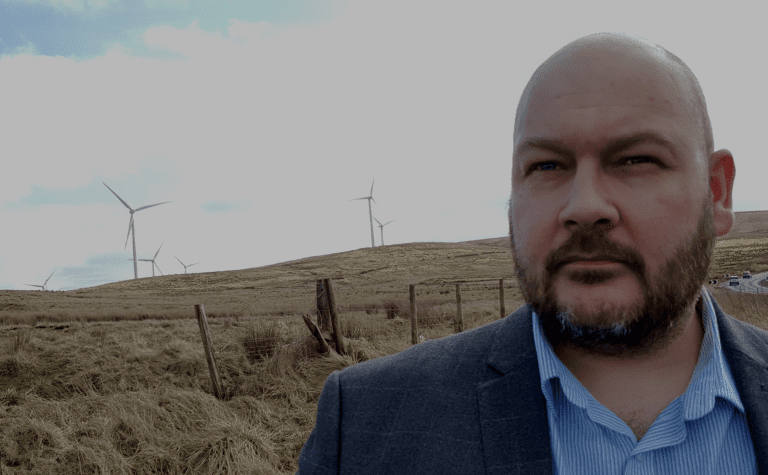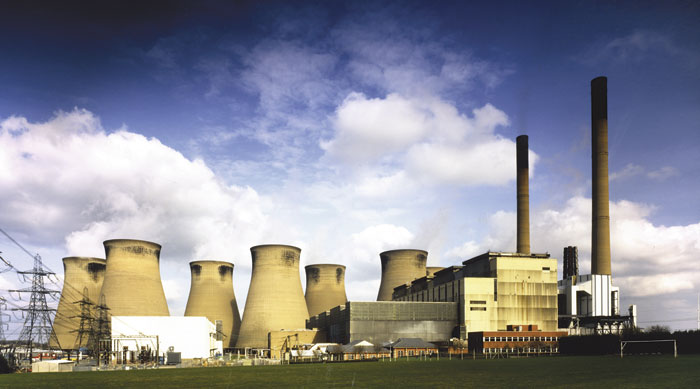A former environmental consultancy from Preston has rebranded as 52M Consulting and relaunched to provide a range of stakeholder engagement services in support of ‘controversial’ yet critical infrastructure developments. Managing director, Lee Petts, said: “There were over 11,000 Town and Country planning appeals decided in England during 2016 and 2017. That’s a lot of development being rejected at a local level, and amounts to a huge amount of additional expense for the companies bringing forward those plans, not to mention the public purse. “Developers can avoid some of the risks of local authority refusal by better engaging with potentially affected stakeholders and improving community relations. This is particularly important in the case of contentious infrastructure. “We’re taking the skills and lessons learnt in our sustainability and corporate responsibility practice, and repurposing them to help get more critical infrastructure built for everybody’s benefit.” The company is no stranger to controversial developments. Since 2012, it’s worked closely with the fracking company Cuadrilla, and has previously worked with companies seeking to build recycling facilities and landfill extensions. 52M Consulting says it will focus on five key sectors in which developments are often labelled as controversial. These include large-scale renewables, new road and rail, onshore oil and gas, housing and waste. In a recent online poll of over 1,200 respondents, it found that waste sites and oil and gas extraction sites jointly proved to be the least popular forms of development nationally, followed by new housing, road and rail, and, lastly, wind and solar farms. John Kersey, Non-Executive Chairman and a former Fairness Commissioner for Lancashire County Council, added: “People living in communities that are being asked to host new infrastructure want to feel as if they have a genuine say. It’s only fair. But, sometimes, even if it’s not something they want on their doorstep, it will still have to proceed because there’s a pressing need. “If we’re to meet our climate change commitments, for instance, we need to build-out more large-scale renewables developments. If we want to boost energy security by weaning ourselves off imported gas, we need to develop our shale gas resources. And if we want to avoid landfill for our waste, we need greater recycling and waste-to-energy capacity. We have to put this infrastructure somewhere. In part, our job is to help build acceptance by helping otherwise reluctant communities to see things differently and by involving them more.”






